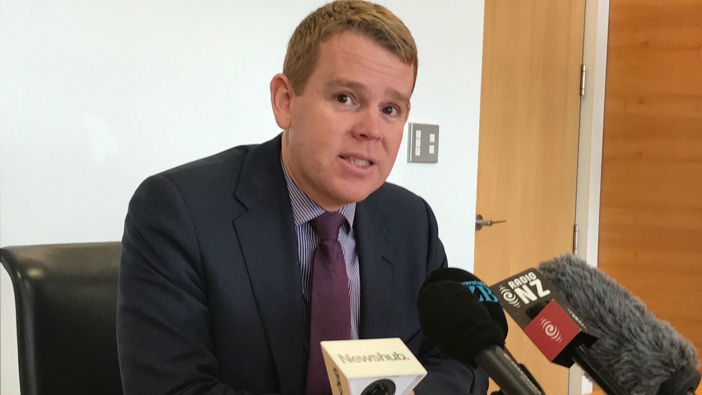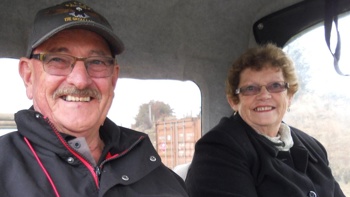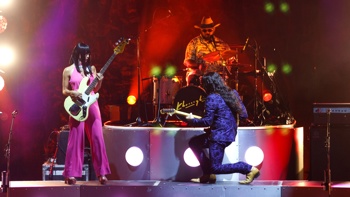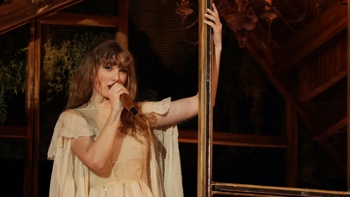The Government is refusing to reveal where Kiwi criminals deported from Australia will be housed for isolation amid concerns the high-security facility will be a "magnet for attention".
A total of 30 New Zealanders will be deported from Australia this week, in a resumption of the controversial practice that had been on hold due to the coronavirus lockdown in both countries.
Health Minister Chris Hipkins told Newstalk ZB's Mike Yardley this morning that Kiwis being deported from Australia due to their criminal convictions would be housed in their own special, secure facility.
Exactly where that facility is would remain under wraps.
"They'll be staying at a dedicated hotel. It will have extra security attached to it," Hipkins said.
"We're doing this because we have to, not because we want to. This is Australia exporting their problems to New Zealand and we have long disagreed with their policy of deporting these people."
The location is so secret, Hipkins wouldn't confirm if they would be staying in Auckland.
When asked why the Government was being so tight-lipped, Hipkins replied "for a variety of reasons".
"We don't want it to become a magnet for attention.
"Ultimately, these people have done their time. They've been deported from Australia but there are actually no grounds to detain them.
"We couldn't put them in prison for example. That wouldn't be justified."
When asked if they would be put in a military base, Hipkins said they would be housed "somewhere where they will be secure for the period of their isolation".
"They are being deported from Australia ... we have to find a way to ensure that these people can re-enter New Zealand safely and that's exactly what we're going to do."
Hipkins was also questioned about the increasing number of people escaping from quarantine and whether the Government needed to get tougher.
"These are mums and dads with their kids, these are backpackers that are coming back from around the world, the grandparents who have been on their overseas holiday, these are law abiding people who are doing the right thing.
"These are hotels, they're not prisons and we're asking people to follow the law."
If people continued to break free he would expect "the full weight of the law" thrown at them.
"I would expect the full weight of the law to be applied in that case and would expect the full weight of the law to be applied to anyone who breaks the rules around quarantine."
Hipkins said there had only "3 or 4 cases" of people who had broken the rules out of approximately 30,000 which didn't warrant any further changes.
Officials had responded "very quickly" in each of the cases with all contact tracing managed which had left "very little if any residual risk to the rest of the community".
Asked for his opinion about Professor Michael Baker's suggestion that all new arrivals should have to remain in their rooms until they'd received the results of their day 3 test, Hipkins said the Government was always "looking at how we can strengthen the requirements around that".
"But again, I want to say to this, if you were a mum and dad coming back with your 2-year-old and 4-year-old being confined to a hotel room might sound nice in theory to everybody else but we do have to treat people with a bit of humanity as well.
"These are people who have not done anything, have not broken any laws and actually they're just New Zealanders who are just trying to come home."
Meanwhile the Government was still "a week or two" away from revealing how much it will charge Kiwis for their two-week isolation stint in hotels.
Hipkins said discussions were yet to reach Cabinet as there were still "a variety of issues in how we work through that".
"We've got to be fair on any charges that might be applied but we're working through that. You will see more on that in the next week or two."
It remains unclear if any charge that is finally decided on would be implemented.
When reminded that Queensland had already implemented a $3000 charge for singles, and $4000 charge for returning couples, Hipkins said New Zealand had not followed Australia in terms of its Covid-19 response yet, and didn't plan to in the future.
"I don't think New Zealand has followed Australia much at all during our response with Covid-19 and I think it's served us well to do our own thing.
"We will do what we need to do in our own time ... and work through everything in a careful and considered way as we have done right the way through our whole Covid-19 response."
Hipkins said there were "some legitimate things" that the Government still needed to iron out and he wanted any charge to be fair.
"Some people will have been offshore or be coming home through no fault of their own, they might have been out of the country for a year or two.
"You think about a student who might have been backpacking around the world for the last year or two and might not have a lot of money to be able to pay, and so if we are putting in any part charging regime we've got to make sure that we don't end up effectively making some New Zealanders stateless if they can't afford to come home.
"We have to have some equity measures in place to make sure that we're not punishing people for something beyond their control."
Take your Radio, Podcasts and Music with you










